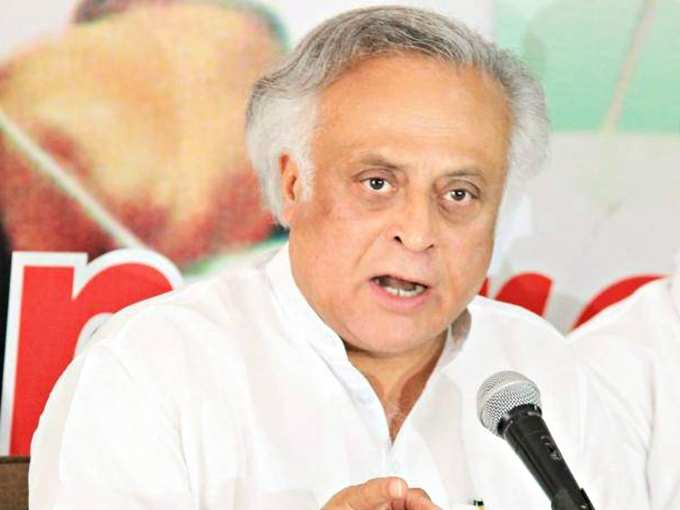
He’s been a Member of Parliament, and held key ministerial posts from 2006-2014. He’s handled Rural Development, Drinking Water and Sanitation, Environment and Forests, Commerce and Power. He has also been an advisor to the then Prime Minister and Finance Minister. He has served in the Planning Commission, the Advisory Board on Energy and the Ministry of Industry. He is Jairam Ramesh.
Business Insider caught up with Mr. Ramesh on the sidelines of the Tata Steel Kolkata Literary Meet, and got chatting about startups, development, and the environment.
What’s you take on Mr. Modi’s startup policy?
This is another excellent marketing gimmick. Between 2004-2014, there were 200 startups and $50 billion coming as VC funds. India became the third largest startup ecosystem in the world after the US and Israel. Now Mr. Modi has suddenly discovered the importance of startups.
The most important point is that he’s avoided the issue of net neutrality. If Facebook is going to determine what India views, the startup ecosystem can’t last.
You’ve said Mr. Modi is delaying the
There is a broad consensus that the GST should come. The Congress introduced it back in March 2011. Mr. Modi single-handedly subverted the bill for 3 years. Now he’s become Prime Minister, and the greatest champion of the Bill.
The BJP wants a pro-industry GST. We want a pro-people one. We’ve made suggestions. Let’s hope they consider our advice.
You’ve also said that Mr. Jaitley has showed how not to handle the economy. What according to you is going wrong?
Exports have fallen for 13 months in a row, industrial production is at its worst in 4 years, and Consumer Price Inflation is at its peak in 15 months. The Rupee was at Rs. 58/Dollar when Mr. Modi came into power. It’s currently Rs. 68/Dollar. Even the Stock Markets which were very gung ho when Mr. Modi became Prime Minister are stagnant. All the indicators of economic progress paint a bleak picture.
Oil prices have crashed from $120/Barrel to $20/Barrel. In spite of that you’ve not shown results, which shows he has worked hard to mismanage the economy.
Do you believe in the Modi government’s Growth Mantra?
We need rapid, inclusive and sustainable growth. Growth that is slow is unacceptable, growth that is non-inclusive in unjust, and growth that is not sustainable is not doing anyone any good.
How do you see this contradiction between the Growth Mantra and the Economic Indicators?
Mr. Modi has to go beyond slogans. He’s a great marketer. He’s the best car salesman that history has ever seen. He can sell you a user car and convince you that it’s a new car. However, he has to go beyond marketing, re-branding and packing, and get into the nitty-gritty of economic growth.
How does the government figure out the balance between sustainable development and technological advancement?
The choices and trade-offs that we make are going to determine the extent to which we’re able to bring the two together. There is a conflict between the two in the short run. However, it’s not impossible over a long time.
How we manage this conflict, this trade-off is important. There is no simple formula.
Do you think it’s increasingly difficult to take the environmental standpoint?
In the last 18 months, the place for civil society has shrunk. There is growth triumphalism. You can call this ecological intolerance.
Could you explain your idea of ‘Grow Now, Pay Later’ Economies?
Most Asian economies, including China have the idea that they’ll have 20 years of growth, and worry about its consequences later. It’s the ‘Dekha jayega’ (We’ll see later) approach to economic development.
Rural demand continues to be weak. How can we tap into that?
Over the last 18 months, all
Your expectations from the Budget.
I don’t have much expectation, really.
Mr. Jaitley has already announced that the Corporate Taxes, and eliminate allowances as well. Let’s see what actually happens. Fingers crossed.
Image credit: Indiatimes